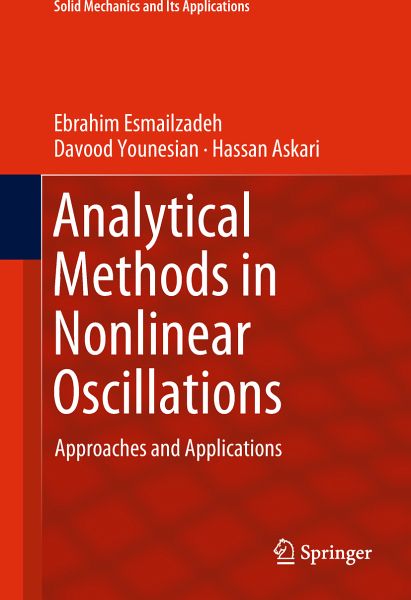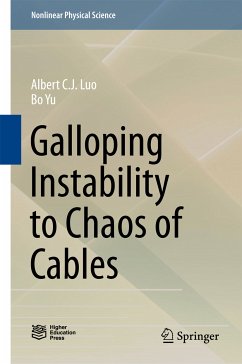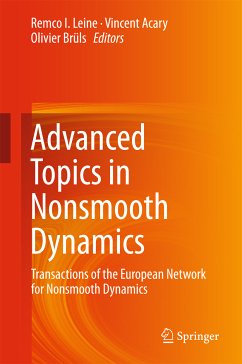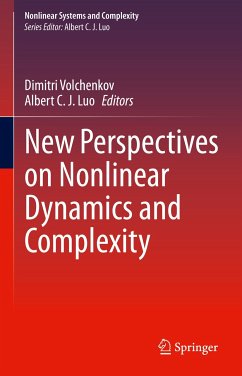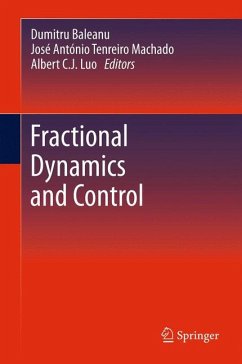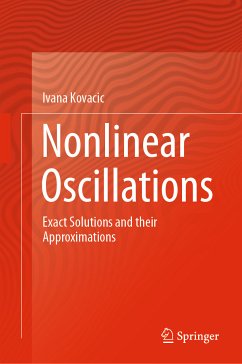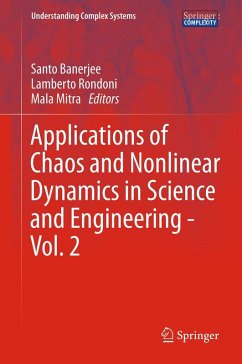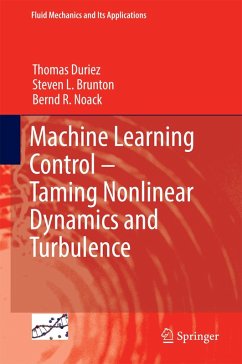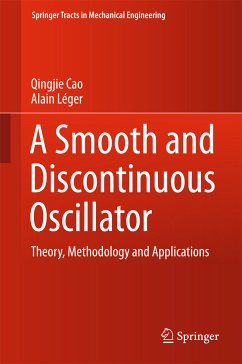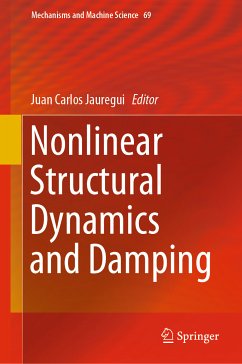¿Ebrahim Esmailzadeh studied in England and received his B.Sc. (Honors), M.Phil., and Ph.D. all in Mechanical Engineering from the University of London, UK. His research and teaching span over four decades and his expertise and leadership in the fields of vibrations, nonlinear systems, control, vehicle dynamics, and active control of vibration are widely known in the community. He is an active researcher, passionate and dedicated teacher and has received numerous awards and recognitions for excellence in teaching and research. He has published over 300 papers in prestigious journals and international conference proceedings and throughout his distinguished career he has played a major role within the professional societies and facilitated international collaborations between industry and academia. He serves at the Editorial Boards of several international and national journals. Prior to his appointment as Professor and Founding Director of Engineering Programs at the University of Ontario Institute of Technology, Oshawa, he was a Distinguished Professor at Sharif University of Technology, Tehran and an Exemplar Professor of the Universities in Iran. His excellence in teaching and research has been recognized through several prestigious national and international awards and honors. Dr. Esmailzadeh received the prestigious awards of Fellow of the Canadian Academy of Engineering, Fellow of the American Society of Mechanical Engineers, Fellow of the British Institution of Mechanical Engineers, Fellow of the Canadian Society for Mechanical Engineering, and Fellow of the Engineering Institute of Canada, the attainment of which recognizes exceptional engineering achievements in education, research, and contributions to the engineering profession.
Davood Younesian received BSc degree from K.N.T. University, Tehran, Iran in 1998 and MSc and PhD degrees from Sharif University of Technology, Tehran in 2000 and 2004, respectively, all in Mechanical Engineering. He was awarded two post-doctoral fellowships in nonlinear and random vibration of flexible structures at the Institute of Sound and Vibration Research, Southampton, UK and at the University of Ontario Institute of Technology, Oshawa, Canada from 2004 to 2005. Dr. Younesian joined the School of Railway Engineering of Iran University of Science and Technology, Tehran where he is currently a professor. In 2016 he spent one- year sabbatical leave at the Mechanical Engineering Department, University of California at Berkeley, USA. Since 2012 he is an Honorary Member of the International Research Center for Mathematics & Mechanics of Complex Systems, L'Aquila in Italy, Head of the Center of Excellence in Railway Engineering and Vice-President of the Iranian Society of Acoustics and Vibrations. He has authored more than 200 refereed journal and conference papers in the areas of dynamics, vibration and control. He serves at the Editorial Boards of several international and national journals. Professor Younesian has received many prestigious awards and recognition certificates. In 2005, he was selected as one of the key scientists in Computational Science and Engineering, by Saxe-Coburg Institute, UK. He was awarded Medal for the Chair of the Young Scientists in Engineering Science by the Iran Academy of Sciences in 2015. Recently he received the 2017 Agnew/Goodall prize from the Institution of Mechanical Engineers, London, UK.
Hassan Askari was born in Rasht, Iran and received his engineering degrees from Iran University of Science and Technology, Tehran, Iran, and the University of Ontario Institute of Technology, Oshawa, Canada in 2011 and 2014, respectively. He is currently a PhD candidate in the Mechanical and Mechatronic Engineering Department at the University of Waterloo, Canada working in the areas of nano-resonators, nano-generators and self-powered sensors. He published more than 60 journal and conference papers in the areas of nonlinear vibrations, applied mathematics, and nano and self-powered sensors. He is an active reviewer and editorial board member of several scientific and international journals. He has received several prestigious awards including, Outstanding Researcher at the Iran University of Science and Technology, Fellowship of the Waterloo Institute of Nanotechnology, NSERC Graduate Scholarship, Ontario Graduate Scholarship, and the University of Waterloo President Award. He was nominated for the Governor General's Academic Gold Medal at the University of Ontario Institute of Technology in 2014.
